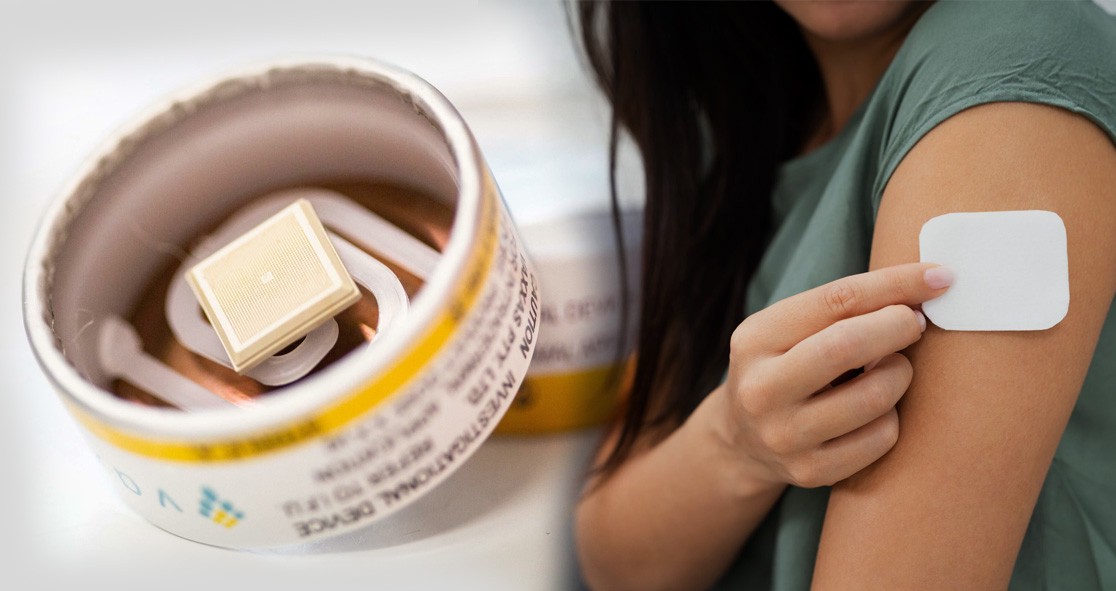Scientists at the University of Queensland, Australia, and a biotechnology firm called Vaxxas announced the development of a COVID-19 vaccine patch, according to MedGadget.
The high-density microarray patch (HD-MAP) can deliver a COVID vaccine through the skin without the need for needles. Interestingly, a major breakthrough of this patch is the temperature stability of the vaccine.
The researchers stabilized the formulation on the patch so it can last for a month at room temperature and a week at 104 F or 40 degrees Celsius, which means that the new vaccine technology could help remove the hurdles of the cold chain transport.
The skin-affixed patch offers a variety of advantages over conventional needle injections, including less pain and irritation. Plus, it is easy to use and convenient, especially for children.
The researchers used their system to deliver the low-cost Hexapro vaccine, developed at the University of Texas.
Researcher Dr. David Muller said, “When the Hexapro vaccine is delivered via HD-MAP applicator – rather than a needle – it produces better and faster immune responses. It also neutralizes multiple variants, including the UK and South Africa variants. And it’s much more user-friendly than a needle – you simply ‘click’ an applicator on the skin, and 5000 microscopic projections almost-imperceptibly deliver vaccine into the skin.”
Vaccine supplies in most nations have been slowed due to the need for cold chain transport and cold storage but the temperature stability of this COVID vaccine patch could be a game-changer.
Dr. Muller said, “Hexapro, delivered by the high-density microarray patch, could dramatically assist global vaccine rollout effort, particularly for billions of vulnerable people in low- and middle-income countries.”
“We’ve shown this vaccine, when dry-coated on a patch, is stable for at least 30 days at 25 degrees Celsius and one week at 40 degrees, so it doesn’t have the cold chain requirements of some of the current options,” he added.
The researchers have tested the novel technology in mice, with promising results. They now hope to progress to human trials soon.
Vaxxas is commercializing novel technology that enhances the performance of existing and next-generation vaccines. It believes its innovative needle-free technology could be a game-changer.























